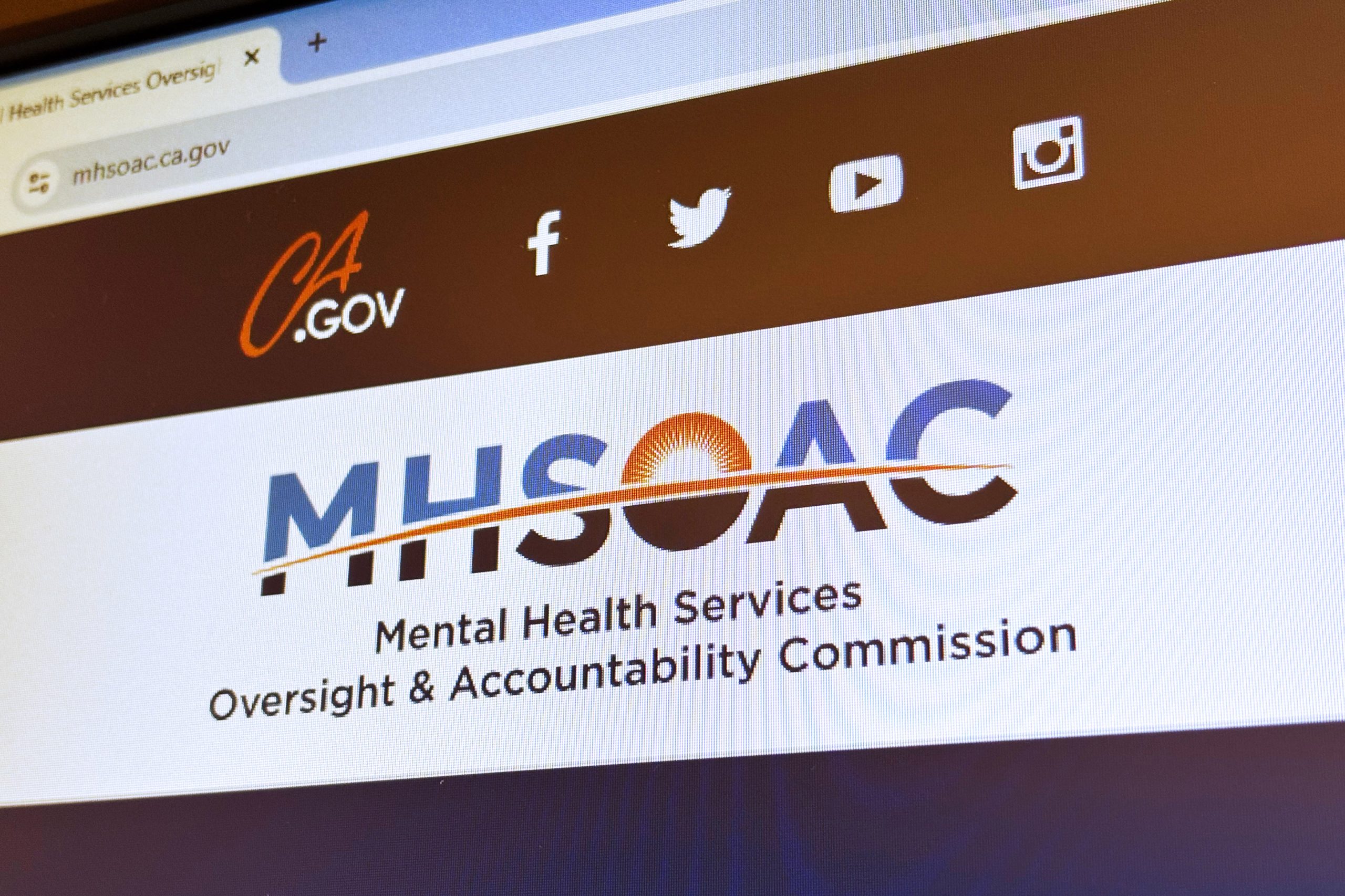Investigators who previously found that a daily statin pill helps prevent heart attacks and strokes in people with HIV have now discovered a potential mechanism that may help to stabilize plaques and prevent their rupture in blood vessels. The research led by a team from Mass General Brigham is published in JAMA Cardiology.
“Individuals with HIV tend to have an excess of noncalcified plaques that are vulnerable to rupture at a younger age, putting them at high risk for strokes, heart attacks, and sudden cardiac death,” said senior author Steven Grinspoon, MD, chief of the Metabolism Unit at Massachusetts General Hospital, a founding member of the Mass General Brigham healthcare system. “Understanding how statins benefit this population could lead to additional and more targeted therapies to protect their cardiovascular health.”
The work is a secondary analysis of the phase 3 Randomized Trial to Prevent Vascular Events in HIV (REPRIEVE), which demonstrated that the cholesterol-lowering medication pitavastatin reduced the risk of adverse cardiovascular events by 36% over a median follow-up of 5.6 years in people with HIV. The effect was greater than what would be expected from cholesterol lowering alone.
In this latest research, Grinspoon and his colleagues measured the levels of 255 different proteins circulating in the blood of 558 REPRIEVE participants. Analyses revealed that pitavastatin treatment increases the levels of an enzyme called procollagen C-endopeptidases enhancer 1 (PCOLCE) that is involved in the production of collagen that may help to stabilize vulnerable plaques during atherosclerosis buildup. Additional experiments showed that an abundance of PCOLCE was associated with reduced noncalcified plaques and, simultaneously, with more fibrous stabilized plaques. These effects, occurring with simultaneous reduction in lipid content of blood vessel plaques, may help to keep the plaques from rupturing.
“By showing that statins raise PCOLCE, which is associated with favorable changes in plaques, our findings expand our knowledge about how the benefits of statins go beyond cholesterol lowering,” said Grinspoon. “Although additional research is needed, these findings are potentially generalizable to individuals without HIV.”



